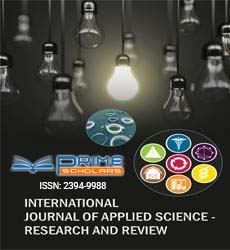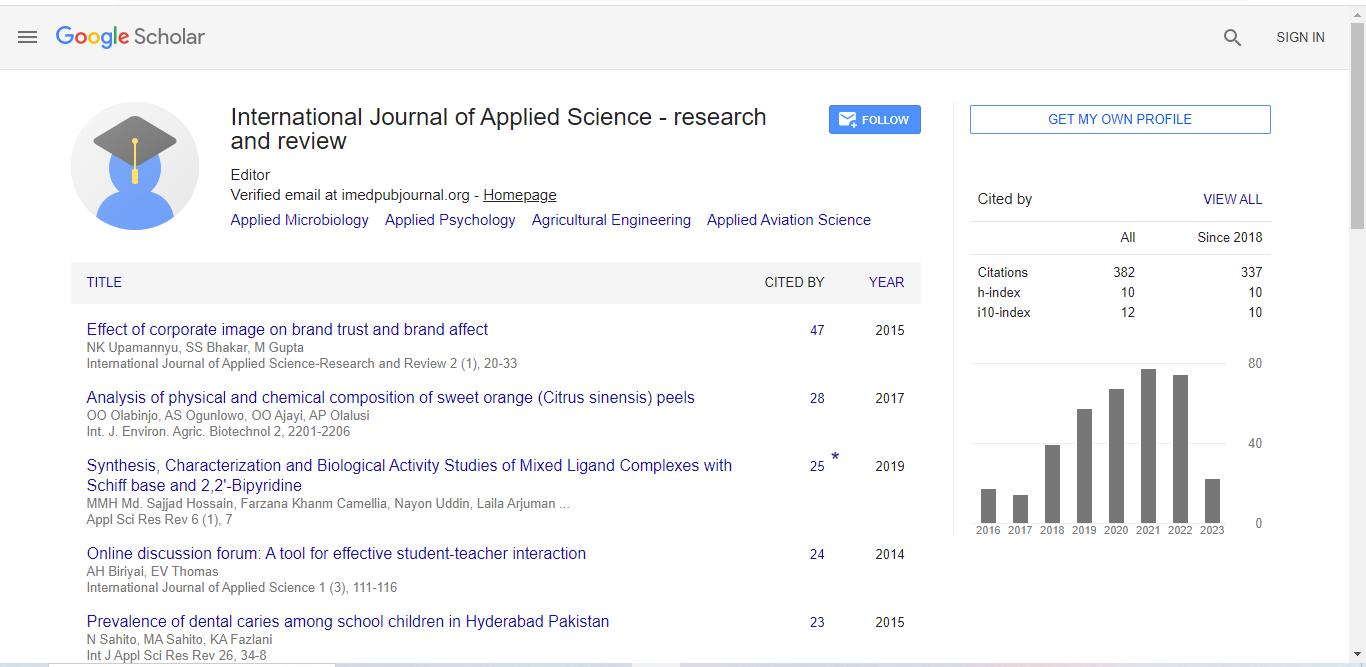Opinion - (2023) Volume 10, Issue 4
Algebraic Invariants for Inferring 4 Leaf Semi Directed Phylogenetic Networks
Bryon Backenson*
Department of Communication, University of Galway, Ireland
*Correspondence:
Bryon Backenson,
Department of Communication, University of Galway,
Ireland,
Email:
Received: 01-Aug-2023, Manuscript No. IPIAS-23-17858;
Editor assigned: 03-Aug-2023, Pre QC No. IPIAS-23-17858 (PQ);
Reviewed: 17-Aug-2023, QC No. IPIAS-23-17858;
Revised: 22-Aug-2023, Manuscript No. IPIAS-23-17858 (R);
Published:
29-Aug-2023, DOI: 10.36648/2394-9988-10.4.38
Introduction
Phylogenetic networks are invaluable tools in evolutionary biology,
offering a means to represent complex evolutionary relationships
among species that cannot be fully captured by traditional trees.
While binary trees suffice for many scenarios, certain evolutionary
processes, such as hybridization and horizontal gene transfer, necessitate
more sophisticated structures. One such network type,
the 4-leaf semi-directed phylogenetic network, has gained prominence
due to its ability to model reticulate events. This article explores
the application of algebraic invariants in the inference of
these networks, providing insights into their underlying structures
and aiding in the reconstruction of complex evolutionary histories.
Description
Understanding 4-leaf Semi-directed Phylogenetic
Networks
A 4-leaf semi-directed phylogenetic network is a directed acyclic
graph that accommodates four leaves, or taxa. Unlike traditional
trees, this network type allows for the possibility of parallel edges,
making it a powerful tool for capturing reticulate events in evolution.
These networks find applications in various fields, including
biology, epidemiology, and anthropology, where complex evolutionary
processes are involved.
Algebraic Invariants and their Role
Algebraic invariants are mathematical properties of objects that
remain unchanged under certain transformations. In the context
of phylogenetic networks, algebraic invariants serve as powerful
tools for characterizing and distinguishing different network structures.
By studying these invariants, researchers can gain insights
into the underlying evolutionary processes that have shaped the
relationships between taxa.
One fundamental algebraic invariant used in this context is the cycle
space of a network. The cycle space encapsulates the cycles or
closed paths within the network, providing a mathematical representation
of its topology. Understanding the cycle space allows
researchers to discern critical information about the network’s
reticulate events, such as hybridizations or lateral gene transfers.
Another important invariant is the reduced cycle basis. This basis
provides a minimal set of cycles that can generate all other cycles
in the network. By analyzing the reduced cycle basis, researchers
can uncover the fundamental reticulate events that have shaped
the evolutionary history of the taxa.
The application of algebraic invariants in inferring 4-leaf semi-directed
phylogenetic networks has several notable advantages.
Firstly, it offers a systematic and mathematically rigorous approach
to network reconstruction, providing a robust framework for analyzing
complex evolutionary processes. Additionally, algebraic
invariants enable the identification of key reticulate events, shedding
light on the specific mechanisms that have influenced the
evolution of the taxa. Furthermore, the use of algebraic invariants
can enhance the accuracy and efficiency of network inference algorithms.
By incorporating algebraic techniques, researchers can
refine existing methods and develop novel approaches for reconstructing
phylogenetic networks.
Conclusion
Algebraic invariants offer a powerful framework for inferring 4-leaf
semi-directed phylogenetic networks, providing a deeper understanding
of complex evolutionary relationships. By leveraging
mathematical properties, researchers can uncover the reticulate
events that have shaped the evolutionary history of taxa, ultimately
advancing our knowledge of the intricate processes governing
biodiversity and evolution. This interdisciplinary approach, combining
mathematics and biology, holds great promise for unraveling
the complexities of evolutionary networks in the years to
come.
Citation: Backenso B (2023) Algebraic Invariants for Inferring 4-leaf Semi-directed Phylogenetic Networks. Int J Appl Sci Res Rev.
10:38.
Copyright: ©2023 Backenso B. This is an open-access article distributed under the terms of the Creative Commons Attribution
License, which permits unrestricted use, distribution, and reproduction in any medium, provided the original author and source
are credited.

